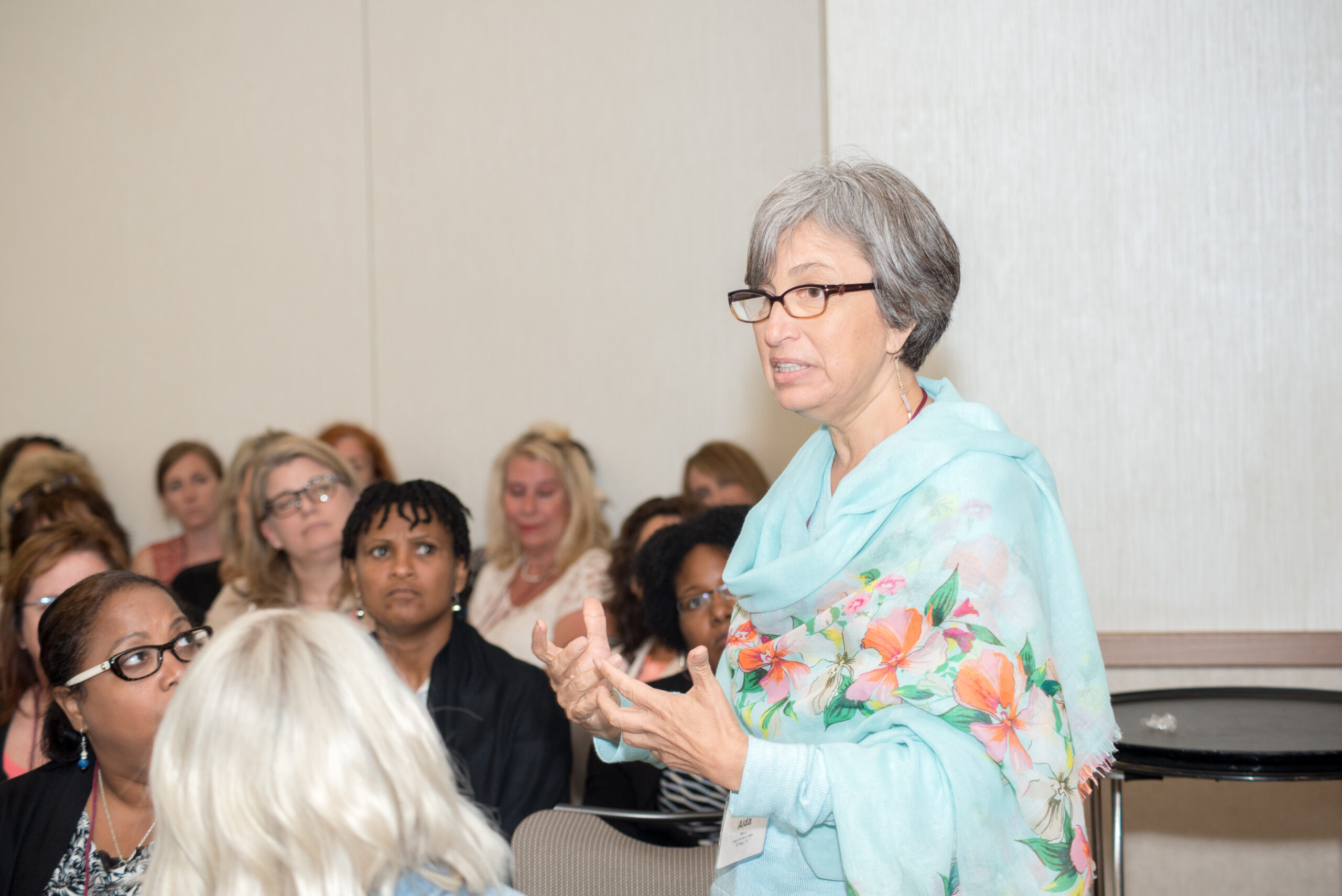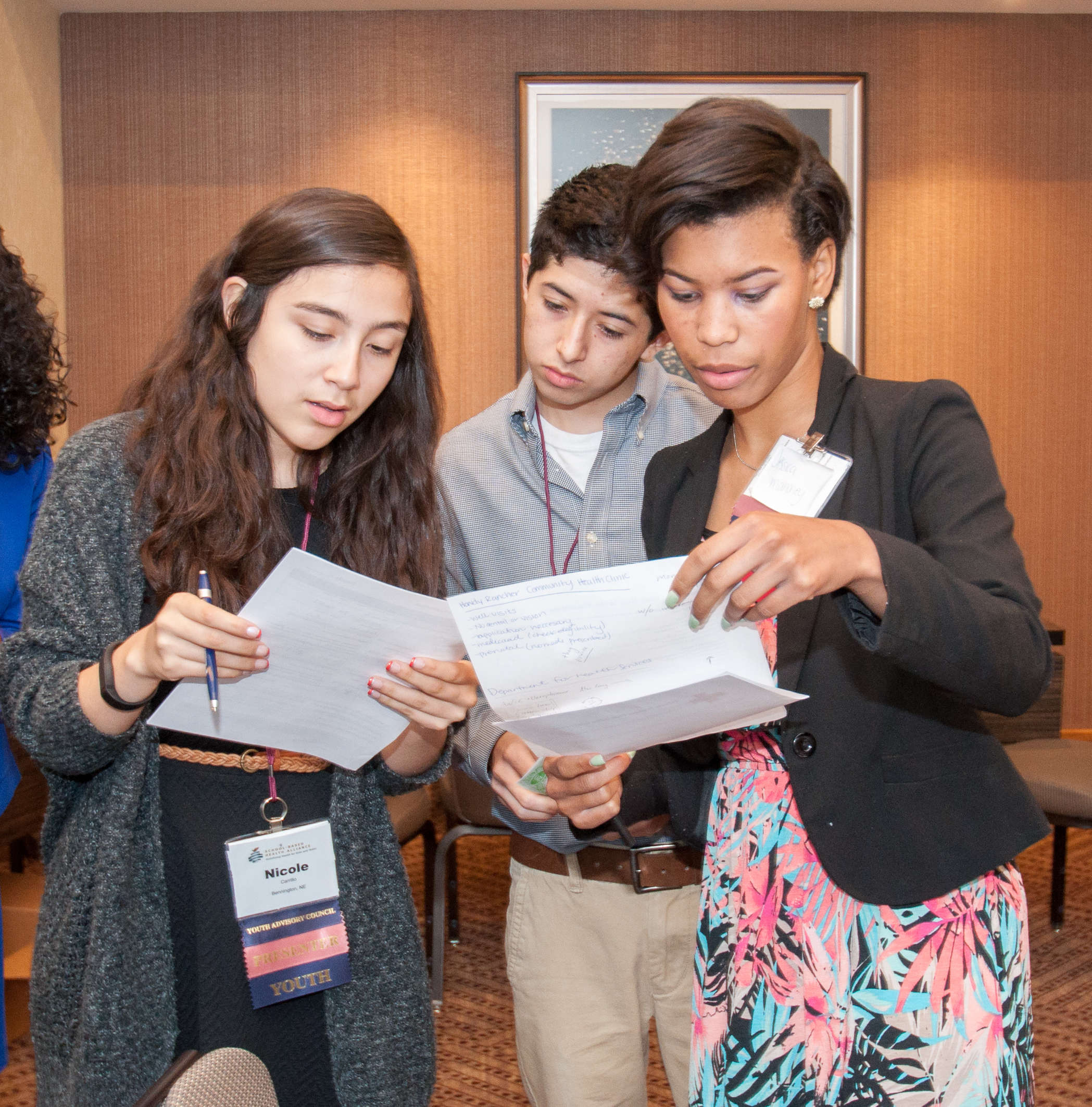





It is essential that parents (throughout this page, “parents” refers to all caregivers in a young person’s life) understand the importance of opportunities that empower their adolescent children. Parents often serve as the primary source of information for their children on a variety of topics, including health.1 When parents and other adults, such as grandparents, aunts, uncles, and mentors, are supportive of a young person getting involved in their school and community, it motivates them to pursue opportunities for engagement and leadership. “Parents come out when they feel welcome… that sense of ‘I’m being respected, appreciated, and acknowledged’ as an important part of a group or activity.”
Parents are really interested in the health and well-being of their children, and a network should not only involve agency staff. It should include representatives from different parent groups and organizations who come to share what they are doing, experiencing, and learning as parents.
Health centers face many challenges to build parental support for youth engagement. Parents are working long hours to provide for their families. They may feel disconnected as their adolescent children grow older and seek more independence.1 Some parents feel like the issues their children face are new and different from the issues they faced as an adolescent and are unsure how to provide guidance. They may feel their kids and teens don’t want them involved. Additionally, there may be a language barrier between parents and health center personnel.2
Despite these challenges, involving parents will improve their children’s learning and well-being.2 Demonstrating to parents how their children’s health and education might be enhanced by their engagement in school health activities has a direct impact on parents’ level of participation. Furthermore, parents tend to be more involved if they perceive that their children and health center personnel want and expect their involvement.3
Here are some tips on how a health center can make a positive connection with parents: